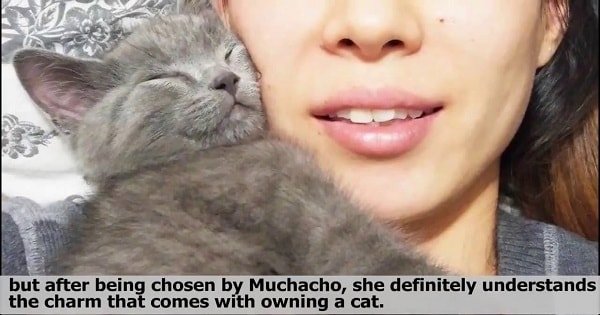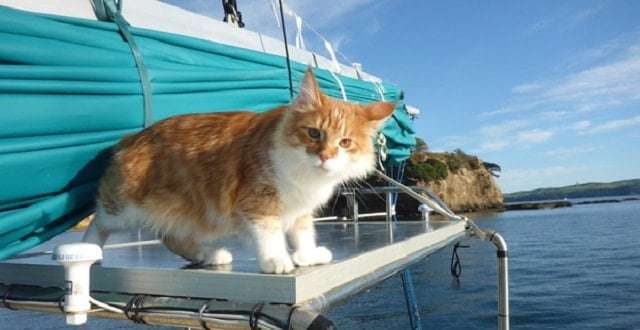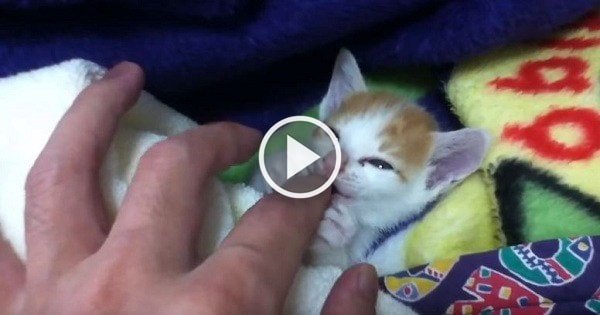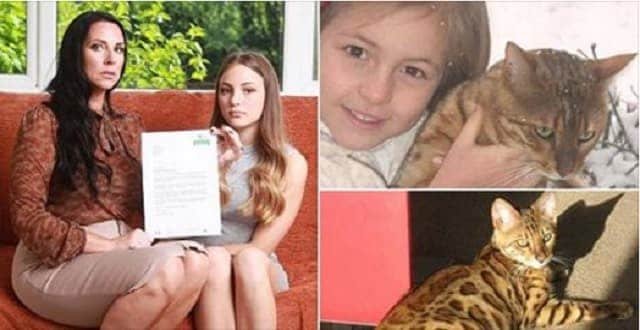NEW ZEALAND – Global warming is being blamed for an explosion of kitten numbers across many regions.
Susan McNair, who runs the Kitten Inn of New Zealand, is just one desperately struggling to cope with record numbers of kittens at what is normally a very quiet time of the year.
“It is because the weather has not been cold enough,” she stated. “Instead of the cats stopping breeding during the winter moneths, they have just kept going.”
McNair takes cats and kittens from throughout her particular region and uses Khandallah vet Allan Probert to desex those she re-homes.
Probert agrees that over the last four or five years, there has been a significant increase in the number of kittens during this past winter.
“Scientifically that is a hard one to verify (that global warming is responsible) but in very practical terms, everyone is still seeing pregnant cats in June, which is unheard of.
McNair is based in Kelson but Probert states she has become the “defacto” collection point for cats from the Hutt Valley and Wellington region, as far north as Otaki.
So far this year, he himself has desexed 1000 cats for her.

Tipsy, who suffered a stroke, is one of the resident cats in the Kitten Inn. In recent months Tipsy has been surrounded by kittens, with the record number being attributed to global warming. Looking on is Kitten Inn volunteer Patricia Gray.
McNair is currently attempting to find new homes for 180 animals and says the explosion in kitten numbers is taking its toll financially.
It costs about $25,000 a month to feed, desex and pay for the vet services required in New Zealand.
Even with the help of 100 volunteers or so, some of whom act as foster parents, looking after so many cats is a struggle.
She jokes that cats are currently “breeding like rabbits” but says there are serious implications.
When a cat is continuously pregnant, kittens from the third and fourth litters are often in very poor health.
For her, this means extremely expensive vets bills.
Winter is normally the time to consolidate but she now, is being forced to raise money to keep going.
Probert believes the region’s councils have to accept responsibility for the cats and says it is quite unreasonable to expect a member of the community to take on the task.
He would like to see all cats desexed, as well as councils given the authority to round up those not micro chipped.
McNair explains there are only so many people willing to take cats and kittens in, and there is a real sense of danger that when summer comes, there will be a shortage of homes.
The Kitten Inn has been running for just two years and McNair has been involved in cat welfare for a whopping 17 years.
It frustrates her that despite the desexing and re-homing of “thousands and thousands”, the number of kittens she gets increases each and every year.
To raise funds she is planning a series of garage sales with the first one this coming Saturday.
*Garage sale on Saturday, June 25 10am, Pomare Hall, Farmers Cres.










